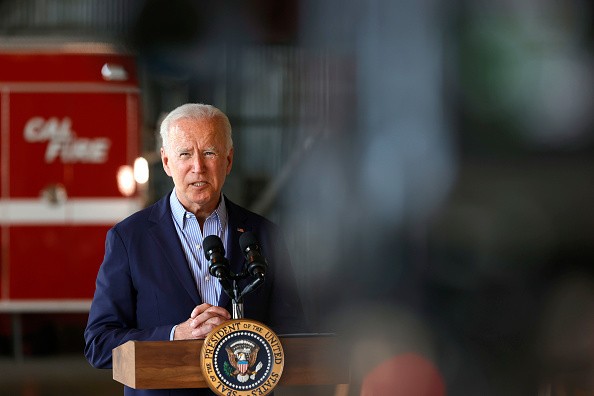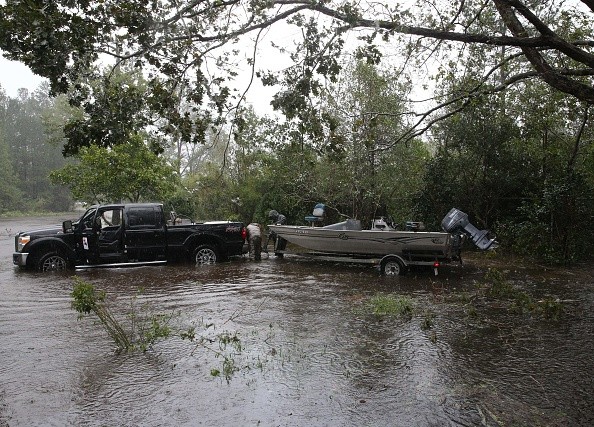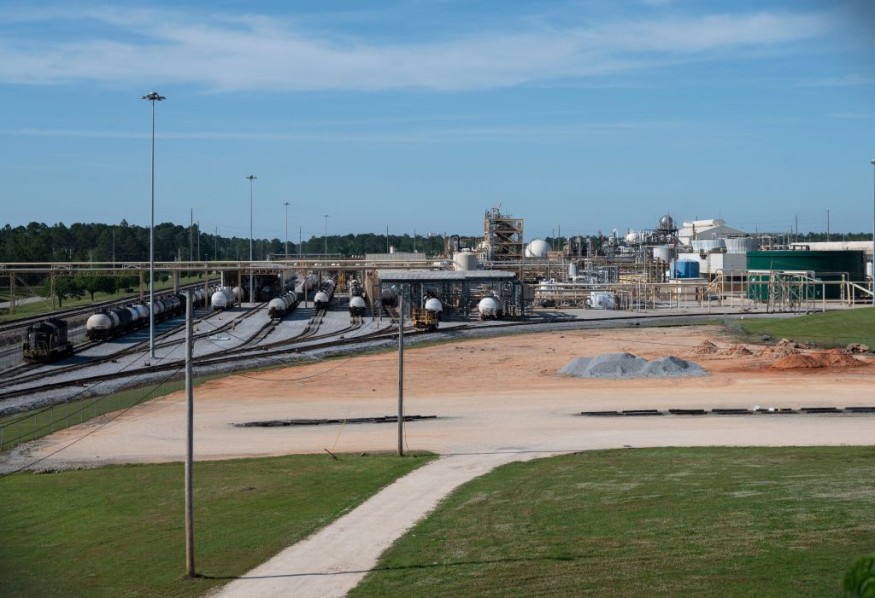President Biden signed a new infrastructure bill containing over $50 billion to safeguard communities from the consequences of climate change, the biggest such commitment in US history, an acknowledgment that the effects of warming exceed America's ability to adapt.

Dividing Climate Expenditures
Biden has urged that at least 40% of the benefits of federal climate expenditures go to underserved areas, typically low-income, rural, or minority populations, or a mix of the three.
However, traditionally, most government funds have gone to more affluent, white areas with high property values and the wherewithal to qualify for competitive programs. Experts believe it's unclear whether or whether the federal government can level the playing field, and if so, how soon.
Xavier de Souza Briggs, a senior scholar at the Brookings Institution who served on Biden's transition team, said, "These issues have to be frankly handled." He explained that the White House is "working to reform some of these deep government systems that have required attention for a long, long time."
Climate Resiliency

Some local governments have attempted to distribute funds more equitably for climate resilience. However, political retaliation might be severe.
Following Hurricane Harvey's devastation in 2017, Houston voters authorized a $2.5 billion bond to support over 500 flood-control projects around the county. Officials prioritized those initiatives partly because of the "social fragility" of the areas they were protecting, measured by the percentage of citizens who are minorities.
Residents and government officials in affluent neighborhoods worried that the program would push their towns to the back of the queue.
The infrastructure bill's new climate measures pour billions of dollars into competitive award schemes. These are monies that towns, cities, and counties may only access by submitting applications then ranked by federal authorities, with funds going to the applicants with the highest ratings.
This mechanism is in place to guarantee that money is allocated to the most beneficial initiatives.
But it also depends on something outside the federal government's control: local authorities' ability to craft successful applications using sophisticated tools and resources. According to analysts, this has resulted in a process that has expanded the divide between affluent and less affluent neighborhoods.
Discrepancy

Even before the application process begins, there is a discrepancy. This is because local governments must be aware of grant programs in the first place, which necessitates the hiring of dedicated personnel to keep track of them. Then they must create proposals that will be highly rated and accurately complete the necessary reams of documentation.
Even if they receive a grant, localities must contribute a portion of the project's cost - typically 25%- out of reach for many poor towns and counties.
Governments that can overcome these challenges must now prove that the property's value safeguarded is higher than the project's cost. Communities of color and rural locations, whose property values are often lower than in white neighborhoods, are frequently excluded from this regulation.
Yoca Arditi-Rocha is the executive director of the CLEO Institute, a Florida-based charity dedicated to climate change education, activism, and resilience, particularly among low-income populations.
"The cost of adapting to the major climate danger facing our communities is substantial," she added. "To rebuild better, the federal government must abandon villages like mine."
Officials acknowledged the problem and stated they were working on solutions but did not provide any details. Candace Vahlsing, associate director for climate at the White House Office of Management and Budget, stated, "We're extremely conscious that this is a problem that has to be addressed."
For more news update about Environmental Action, don't forget to follow Nature World News!
© 2026 NatureWorldNews.com All rights reserved. Do not reproduce without permission.





